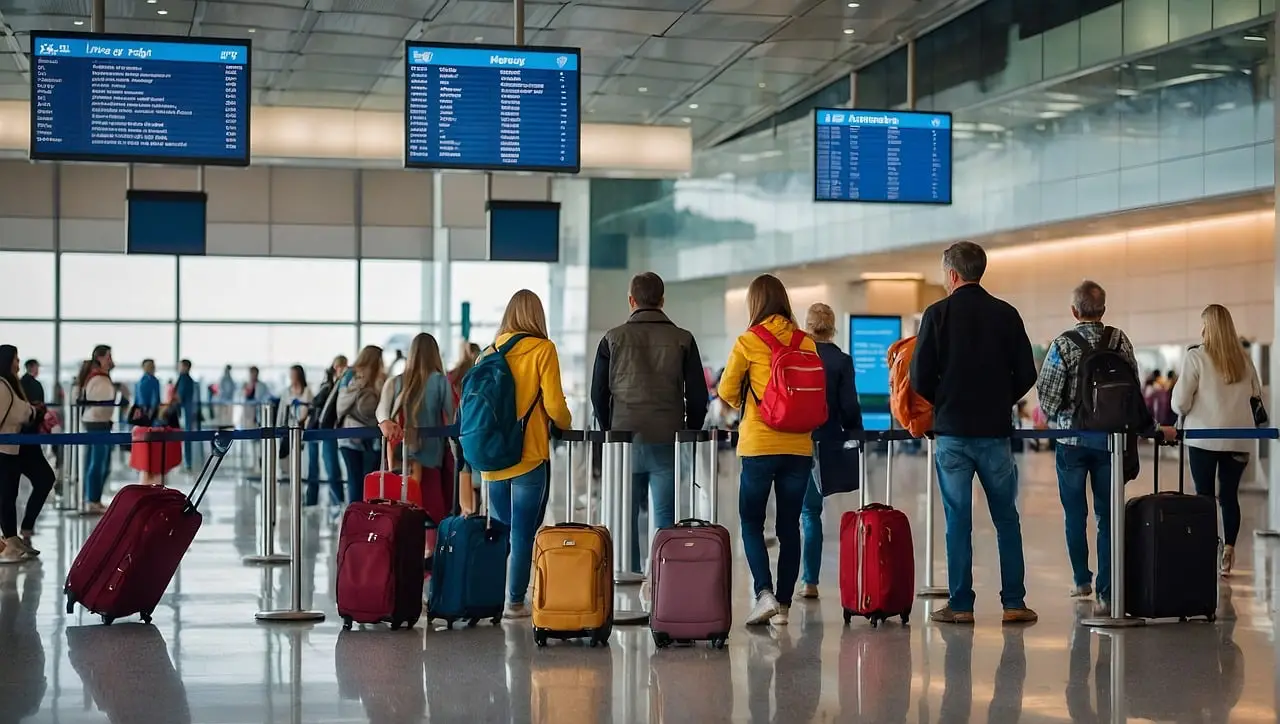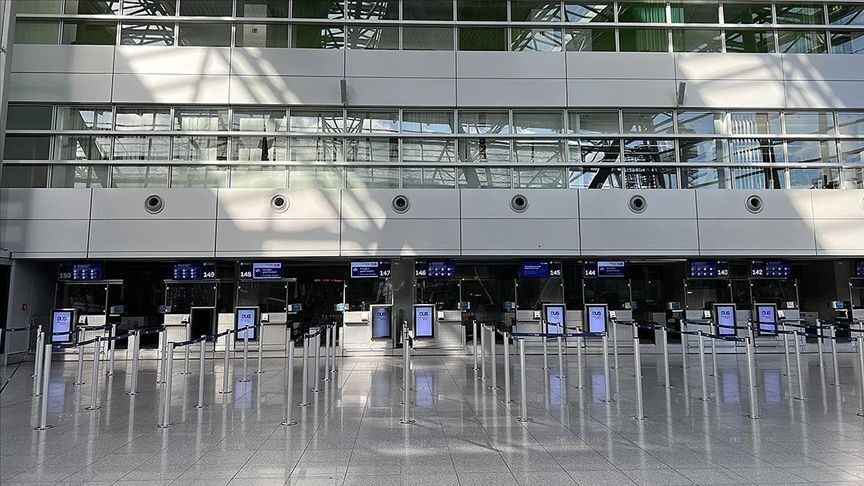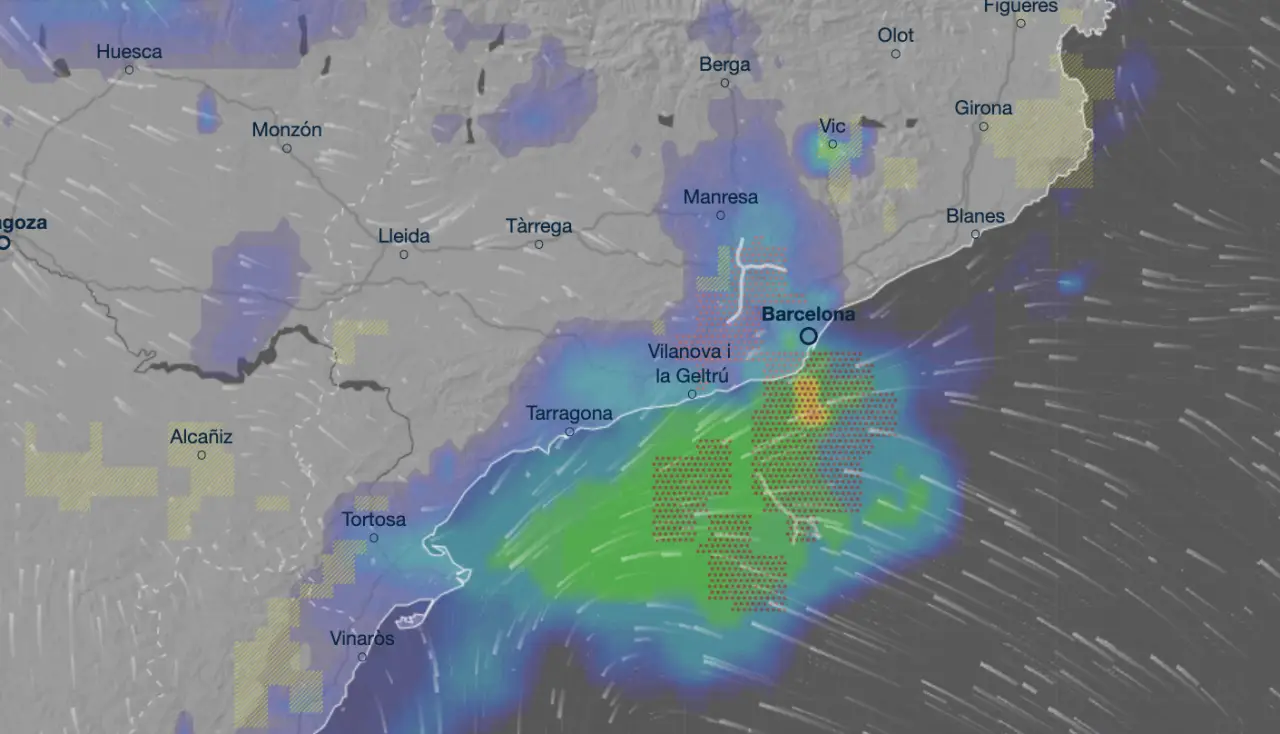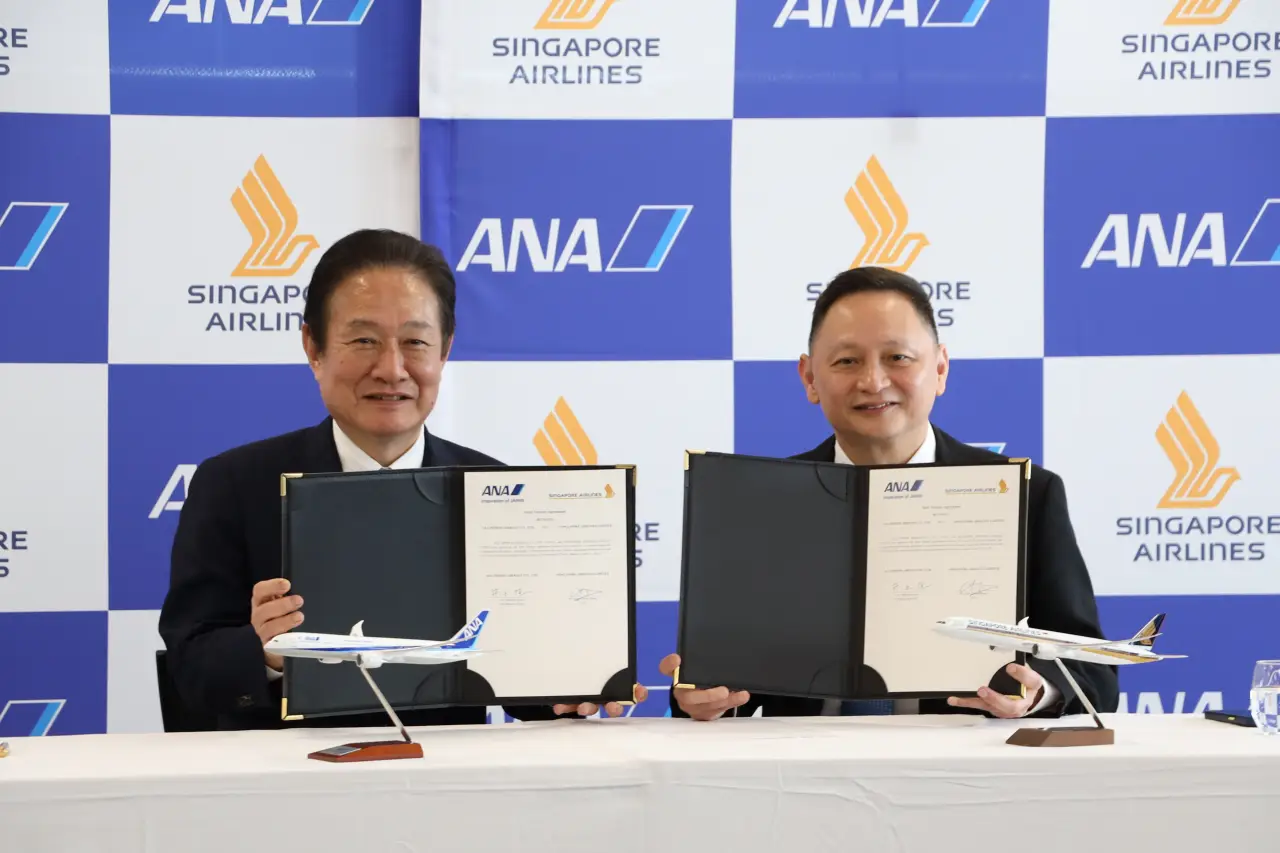Under new U.S. regulations, airline refunds are now easier to claim when flights go wrong, and U.S. travelers finally have more protection for issues like major delays, service failures, and undelivered amenities.
These consumer protection measures, introduced by the U.S. Department of Transportation, outline when and how airlines must issue refunds, putting more power into the hands of travelers dealing with cancellations or subpar services.
Since May, when the Federal Aviation Administration reauthorization bill was signed, travelers are entitled to full refunds if their flights are canceled or significantly altered, and they choose not to rebook.
Airlines must offer refunds proactively—no vouchers or credits unless specifically requested.
Refunds are to be issued within seven business days for credit card purchases or within 20 days for other forms of payment.
In addition to canceled flights, travelers can also claim refunds if they paid for services that weren’t delivered.
Checked bag fees are refundable if luggage is delayed more than 12 hours for domestic flights or over 15 to 30 hours for international flights. Similarly, passengers paying for WiFi, specific seat assignments, or in-flight entertainment must be refunded if these services fail to be provided as promised.
Passengers who decide against traveling on significantly changed flights, whether due to added connections, downgraded cabins, or changes in departure or arrival airports, are also eligible for a refund.
Concerns remain about airlines following these new rules closely. Transportation Secretary Pete Buttigieg addressed these concerns in a letter to airline executives, urging transparency and swift action when passengers are entitled to refunds.
He emphasized that refunds must be clearly communicated as an option for passengers facing cancellations or major changes, with automatic cash refunds issued unless passengers explicitly choose vouchers or credits.
For those who opt for vouchers, the new rules now require that these be valid for at least five years—a measure designed to prevent airlines from offering fast-expiring credits that passengers may not have the opportunity to use. Airlines are also expected to inform passengers of the exact expiration dates of any vouchers provided.
Despite some airlines requesting additional time to comply with the rules, the Department of Transportation has declined to adjust compliance deadlines, affirming that enforcement of these refund rights took effect in May and remains a priority. Buttigieg warned that the DOT will investigate any violations and use its enforcement powers to hold airlines accountable if they fail to meet these standards.
Travelers who feel they have been denied their rights or who encounter obstacles in securing refunds are encouraged to file complaints with the DOT’s Office of Aviation Consumer Protection. This move ensures that travelers are informed of their options and provides a channel for addressing complaints directly with the department.
With these strengthened protections, travelers are expected to see more consistent service across U.S. airlines. From faster refunds for delayed luggage to guaranteed access to rebooking and accommodations, the updated regulations aim to uphold passenger rights and improve the overall air travel experience in the U.S.













